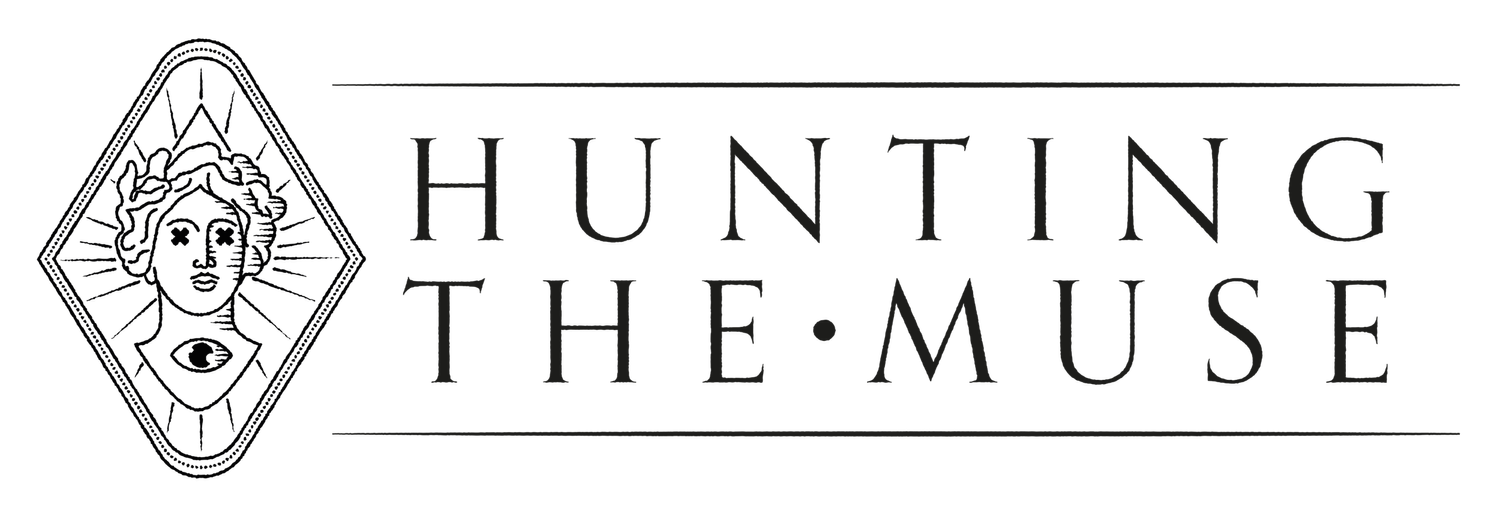When facing times of uncertainty, should we lean into fear?
To say this is a time of uncertainty would be quite an understatement. We’re afraid to leave our houses, afraid to be around our loved ones, and afraid of the economic repercussions after this blows over.
And for good reason: Coronavirus is being touted as the gravest humanitarian crisis since the second world war. The stock market is plummeting in proportion to the number of cases, and I have never seen a graph like this in my life, which shows unemployment sky-rocketing across the U.S.
This is a war where the common enemy is a force beyond our control, making us feel completely helpless. As my grandmother said when I asked her to compare it with World War II, ‘at least you knew the Germans were coming.’
This invisible enemy has not just created a viral pandemic, but a pandemic of fear through a foggy vision of where we’ll be next month — or even in six month’s time.
Where does fear come from?
In these times, it’s only natural for our deepest anxieties to surface themselves. In evolutionary terms, the function of anxiety is actually to protect us from a crisis like this. The amygdala is the manufacturer of fear, anger, and sadness in the human body, and a filter which judges all incoming data, asking ‘am I safe?’
For the amygdala, everything is a perceived threat. And society’s threats have evolved with us, from rival tribes and wild animals to the stresses of modern life: our jobs, our families, and our self-image. It is difficult to resist the amygdala because resisting it is like stopping your heart from beating.
Fear is there regardless, and it recirculates itself through feedback loops to form anxiety. But what if, instead of resisting what scares us, we bring it to the forefront of our minds? For many of us, we’re simply too afraid to listen. But for Kristen Ulmer, author of The Art of Fear: Why Conquering Fear Won’t Work and What to Do Instead, listening to our fear is a practice that can bring us peace.
Kristen was known as the best female big mountain extreme skier in the world. She constantly faced “you fall you die” scenarios, and was voted “Most Fearless Woman in America” by the outdoor industry. Because of her extreme skiing days, Kristen now claims to have a ‘zen approach to fear’. She proposes that the problem of fear is not the fear itself, but our resistance to it. We spend so much energy trying to manage it that it leaves us overwhelmed. Kristen frames this idea in simple mathematics:
“Suffering = Discomfort X Resistance”
The Fear Practice
Fear is a biological function, so although meditation certainly helps, we can’t breathe out our fear. It’s like duct-taping the mouth of an angry child and telling them everything will be ok.
Eventually, the duct tape gets ripped off and the child is more pissed off than it was before. This ugly fear child will disguise itself with your habits: drinking, smoking, taking less care of yourself, overeating… anything to bring brief happiness and hide the true feelings beneath. In her speeches, Kristen talks about athletes, including herself, whose bodies became rigid, and injured, through overexposure to anxiety. ‘When you plug a volcano,’ she says, ‘lava will seep out of the cracks.’
Since all our fears want to be heard, Kristen suggests letting them expose themselves in a daily fear practice. Her steps are as follows:
Search: Close your eyes. Find the sensation of fear in your body and recognize the discomfort, and where it comes from. It may show up as anger or sadness. If you have physical discomfort, there’s often a mental root.
Acknowledge: Acknowledge that it’s normal and natural to feel this. Deal with the problem emotionally, not pragmatically. You have to feel the fear without the goal of trying to ‘get rid’ of it.
Listen: Lower your resistance to the fear. Be like a parent spending time with an upset child. Let the fear express itself without trying to understand it.
Wait: After being patient with this child for 1 minute, it will eventually relax and you’ll open your eyes with a calmer perspective.
Since the launch of the book and this practice, Kristen has helped people embrace and overcome negative emotions such as insomnia, PTSD, panic attacks, depression, and indecisiveness.
If you can't control it, why lose control
We all face uncertainty in different ways. We’ve seen it first-hand during this crisis, from those constantly on edge while sitting in the comfort of their own home, to rebellious spring breakers who party on with the mentality of ‘if I get Corona, I get Corona’. Yet, uncertainty still leaves us with a pit in our stomach, less capable of working well, unable to focus on quality time with the people around us, and unable to sleep properly.
We can better prepare for uncertainty by staying in a region of prepared calmness. Anxiety kills us with worry about situations out of our sphere of control. But by steering clear of panic and being more prepared, we can have a ‘fall back’ and reclaim some of the control we lost.
Original source: Matt D’Avella ‘How to Deal with Uncertainty’
Never let the future disturb you
During quarantine, I’ve spoken to friends who are reconsidering their goals and asking whether they were truly fulfilled in their ‘pre-Coronavirus’ lives. They are taking a step back to realize that even amongst the uncertainty, they can prepare themselves right now for a better life going forward.
This virus is temporary, as are all dark days. But if we’re facing an uncertain future, we must do it in a way in which fear is not the enemy, but something to push us in the right direction.
“We are more often frightened than hurt; and we suffer more from imagination than from reality.”



